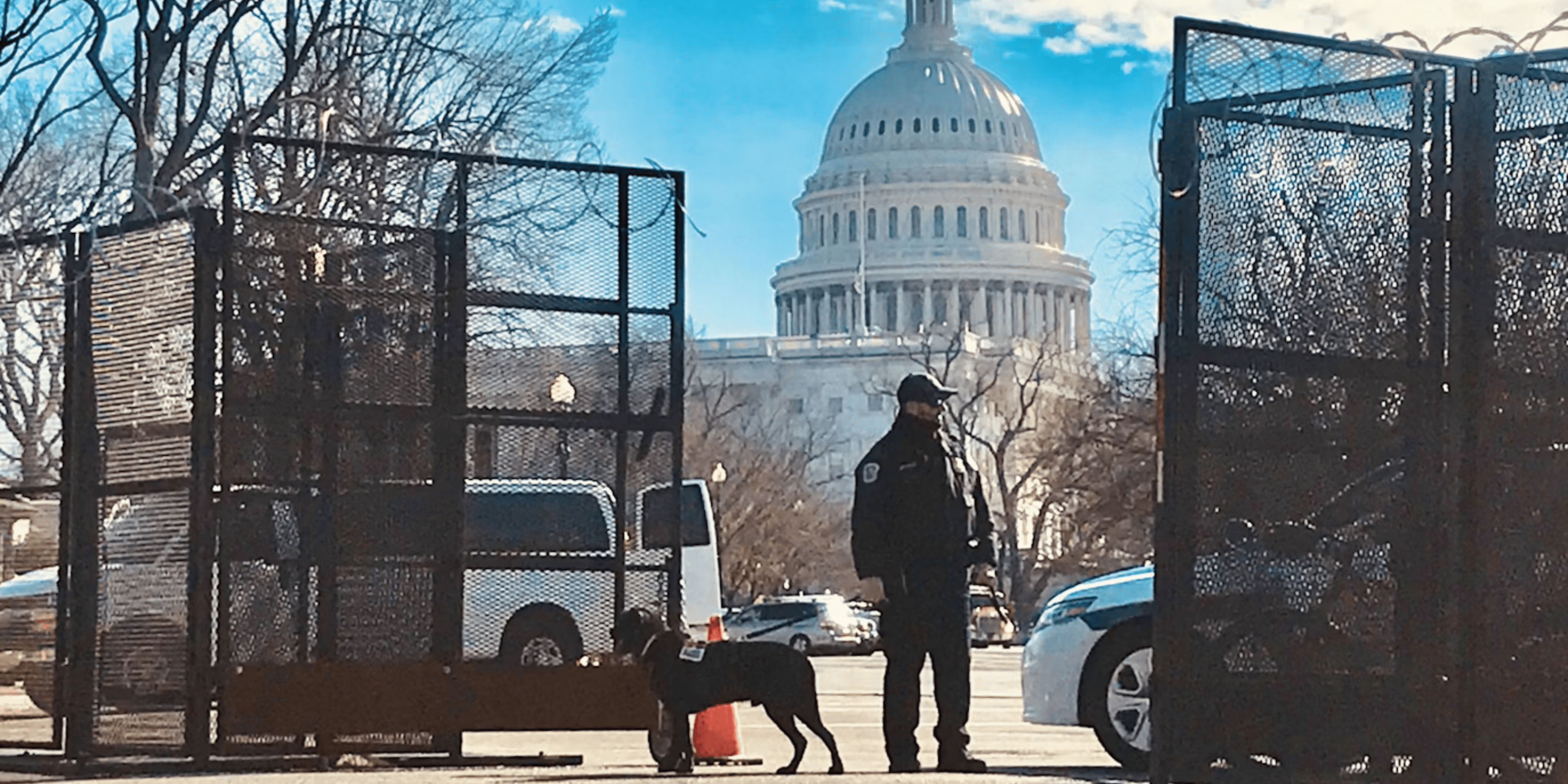newsletter
Your Daily News in Just 5 Minutes!
Featured
U.S. Faces Surge in Wildfires, Economic Concerns Loom as 2025 Q2 Reports Arrive
As the summer intensifies, the United States grapples with the escalating impacts of climate change, evidenced by a dramatic surge in wildfires across the West. Meanwhile, economic concerns persist as businesses and consumers await Q2 earnings reports, reflecting both progress and challenges in recovery from recent inflationary pressures. This volatile mixture of environmental and economic developments sets the stage for critical decisions in the coming months.
Jul 20, 2025
Record Wildfires Rage in Western U.S.
Wildfires across the western U.S. have reached unprecedented levels this summer, prompting emergency declarations in multiple states. California, Oregon, and Washington are seeing their largest fires in years, with firefighters overwhelmed by the scale of the devastation. Thousands of acres have already been scorched, and air quality in several cities has deteriorated to hazardous levels. Officials attribute the fires to a combination of high temperatures, prolonged drought, and poor forest management practices, exacerbated by climate change. The rising frequency and severity of these fires have led to renewed calls for better preparedness and funding for climate adaptation strategies.

Mixed Economic Signals as Q2 Reports Arrive
The economic outlook for the second quarter of 2025 presents a complex picture, as businesses begin releasing earnings reports for the period. On one hand, major corporations are reporting steady growth, fueled by strong consumer spending and the ongoing recovery in the tech sector. On the other hand, several smaller businesses and industries like manufacturing are struggling with rising costs and supply chain disruptions. Experts predict that these mixed results could lead to more cautious consumer spending heading into the second half of the year. Analysts are particularly focused on the inflation trends and whether the Federal Reserve will respond with further interest rate hikes, which could impact borrowing costs and economic activity.

Supreme Court Rules on Environmental Regulations
In a highly anticipated decision, the U.S. Supreme Court has ruled in favor of the federal government’s authority to enforce stringent environmental regulations aimed at reducing carbon emissions. The ruling provides a legal framework for the Biden administration’s ambitious climate agenda, which seeks to meet the U.S. commitments under the Paris Agreement. Environmental advocates celebrate the decision as a win for climate action, while critics, including several Republican-led states, argue that it infringes on state rights and could harm the economy by imposing costly restrictions on businesses. This ruling will likely have far-reaching implications for environmental policy and energy industries across the nation.

Bipartisan Support Grows for Infrastructure Spending Bill
In Washington, a new infrastructure spending bill that has garnered bipartisan support is moving forward in Congress. The proposed legislation aims to address aging infrastructure across the U.S., including roads, bridges, and public transportation systems. It also allocates significant funds for renewable energy projects and modernizing the power grid, an issue gaining traction as climate change and energy security concerns rise. Both Democrats and Republicans are backing the bill, citing the need for job creation and national competitiveness. However, some hurdles remain over the specific allocation of funds and potential environmental impacts, which could delay final passage.

Healthcare Access Challenges Persist Amid Policy Debate
Access to healthcare continues to be a significant issue in the U.S. as policymakers debate how to address gaps in coverage. Despite the progress made through the Affordable Care Act, millions of Americans still face barriers to healthcare due to high costs, insurance gaps, and limited access in rural areas. The ongoing policy discussion is centered on proposals to expand Medicaid in holdout states and reduce prescription drug prices. Some healthcare experts argue that comprehensive reform is needed to address these systemic issues, while others stress that incremental changes could be more politically viable. As discussions continue, healthcare advocates warn that delays in action will leave vulnerable populations without critical care.
Looking Ahead
As the U.S. moves through summer, the spotlight will remain on the wildfire crisis and how local, state, and federal governments respond to mitigate the damage. Economic data for Q2 will continue to roll in, and its impact on future Federal Reserve policy decisions will be closely monitored. In Washington, the fate of the infrastructure bill could set the stage for broader legislative actions in the fall, while the Supreme Court's ruling on environmental regulations will likely lead to a wave of policy shifts in the coming months.
Related blogs
Related blogs
Copyright 2025 USA NEWS all rights reserved
newsletter
Get daily news directly in your inbox!
Copyright 2025 USA NEWS all rights reserved
newsletter
Get daily news directly in your inbox!
Copyright 2025 USA NEWS all rights reserved
Copyright 2025 USA NEWS all rights reserved














